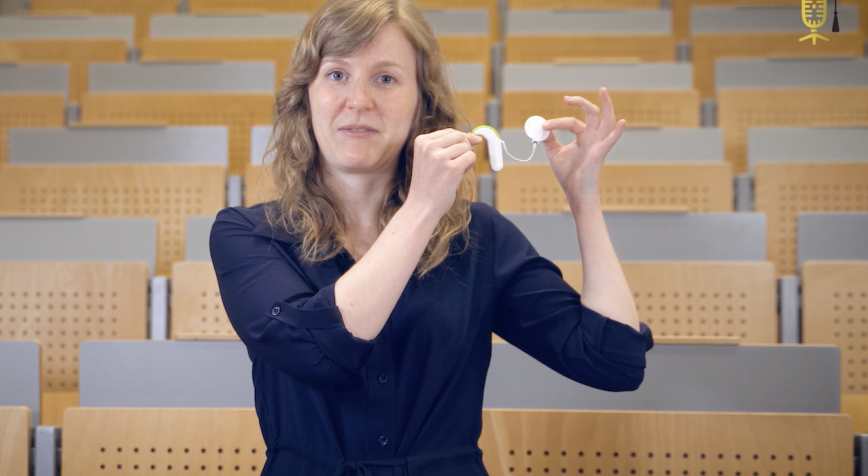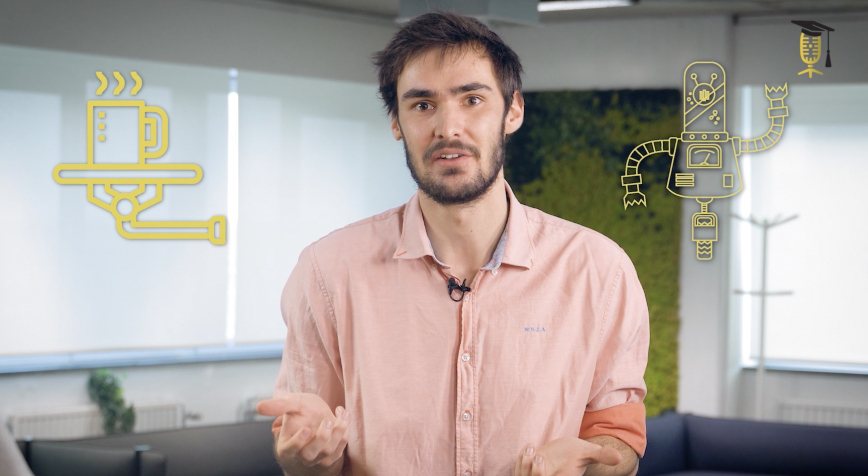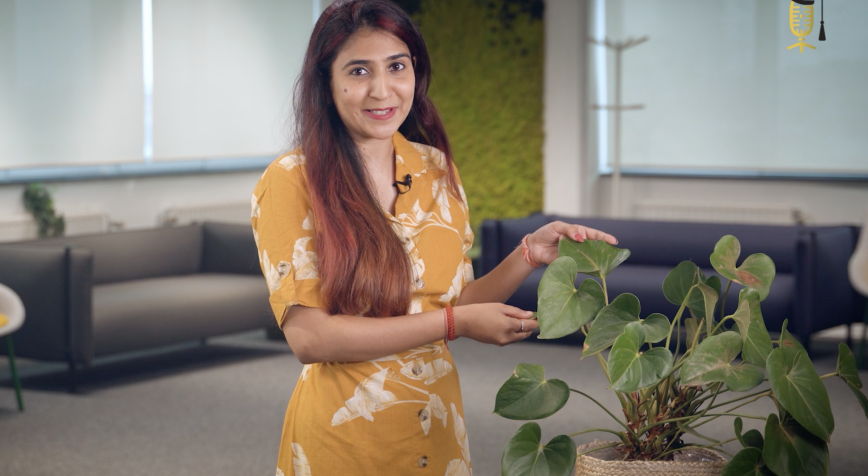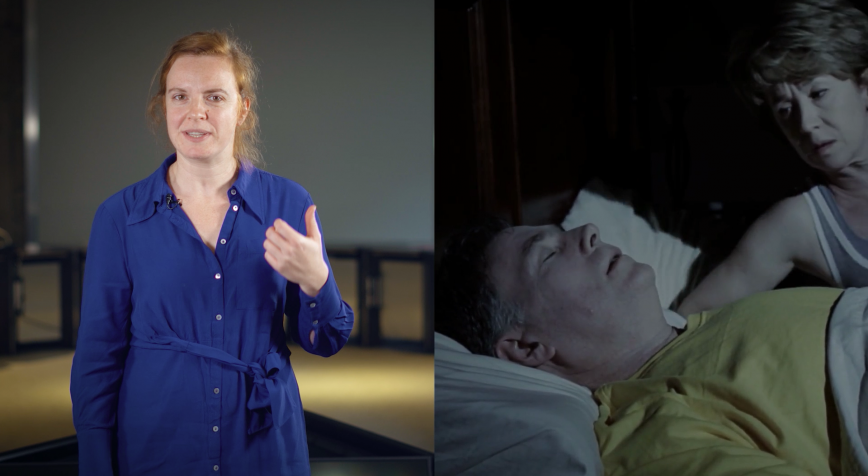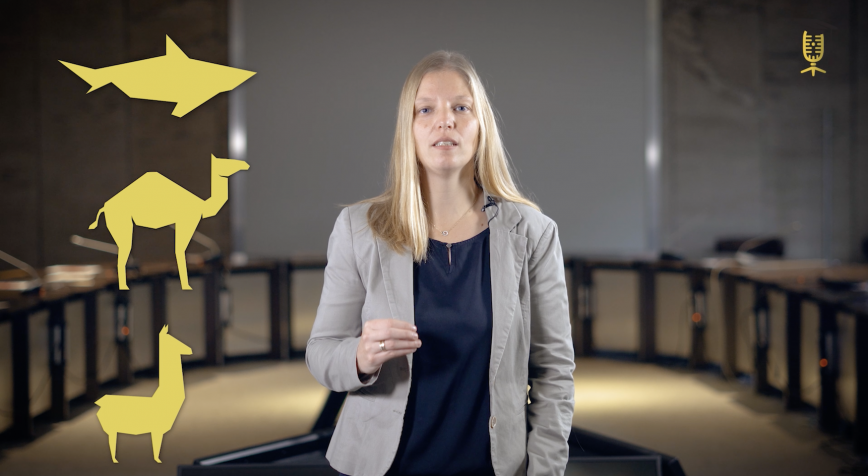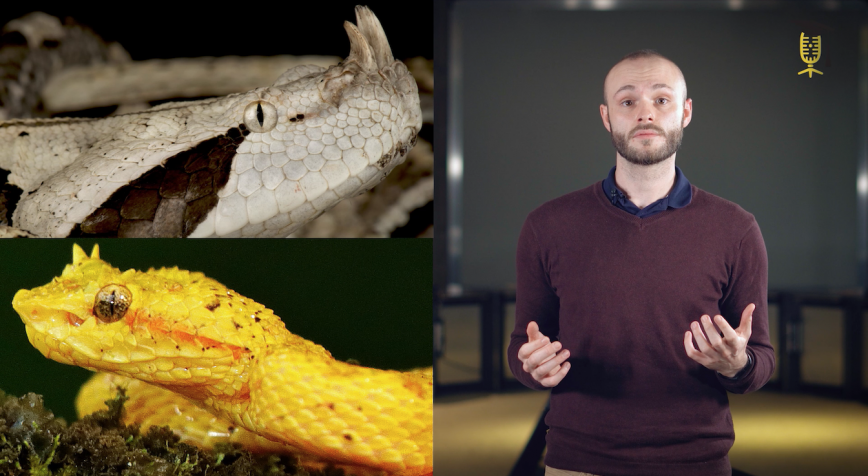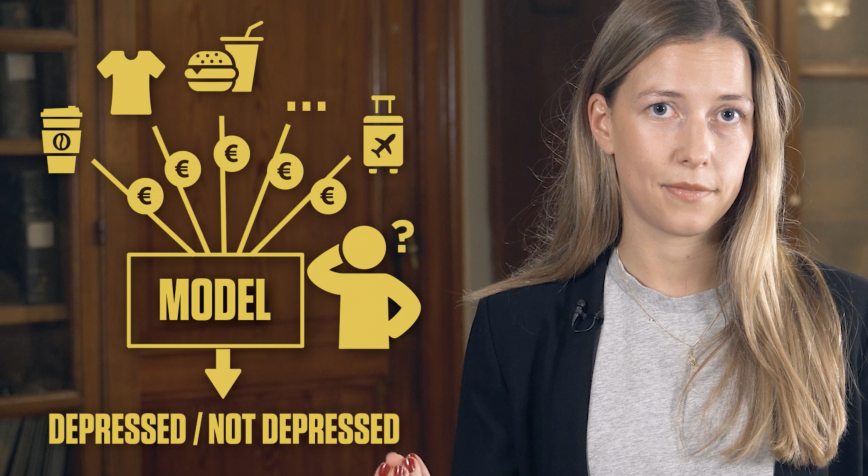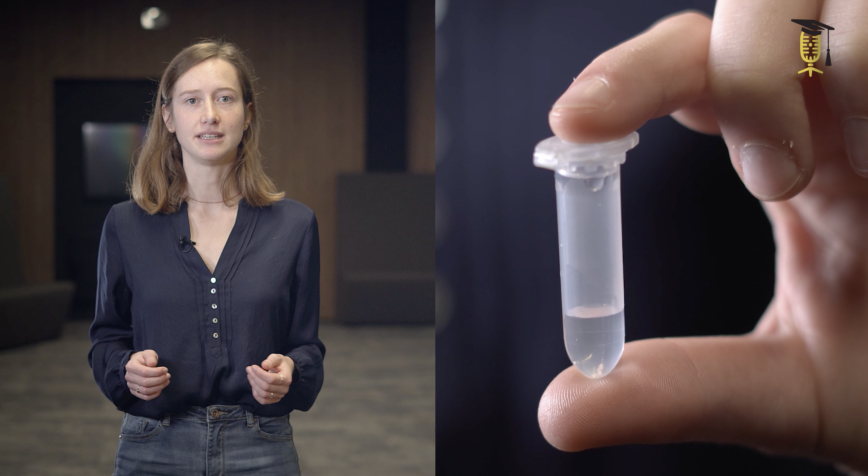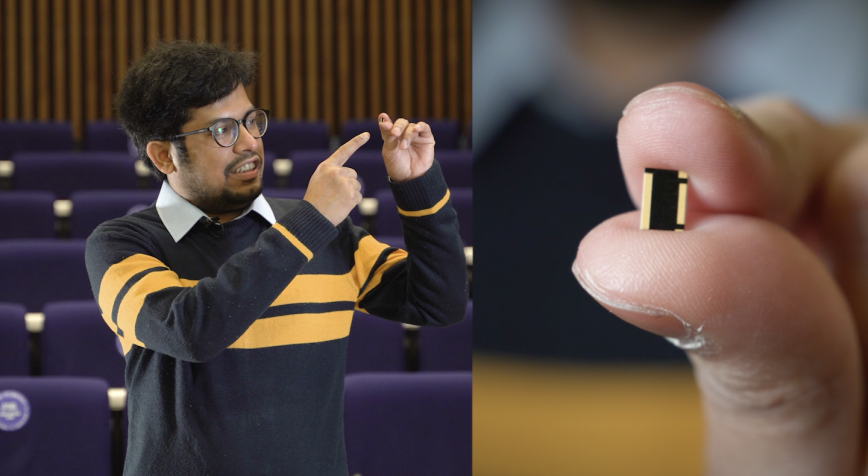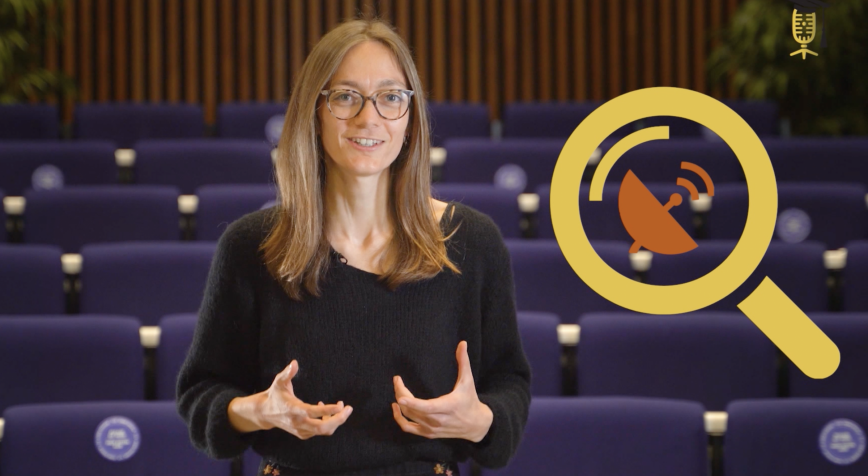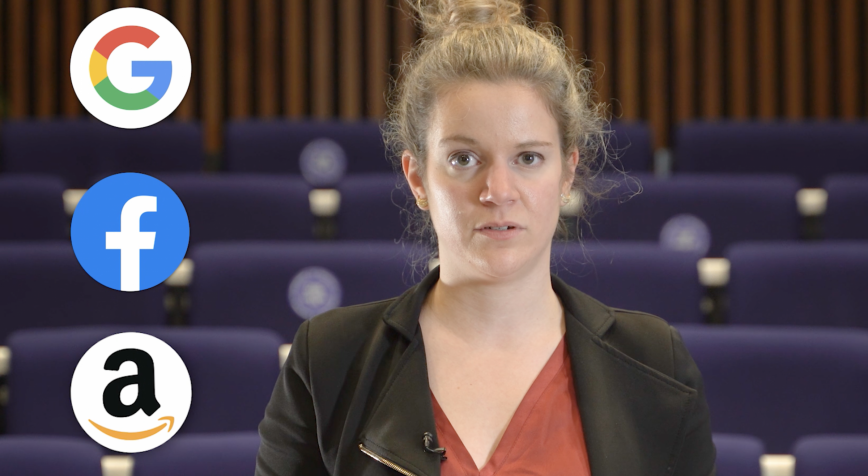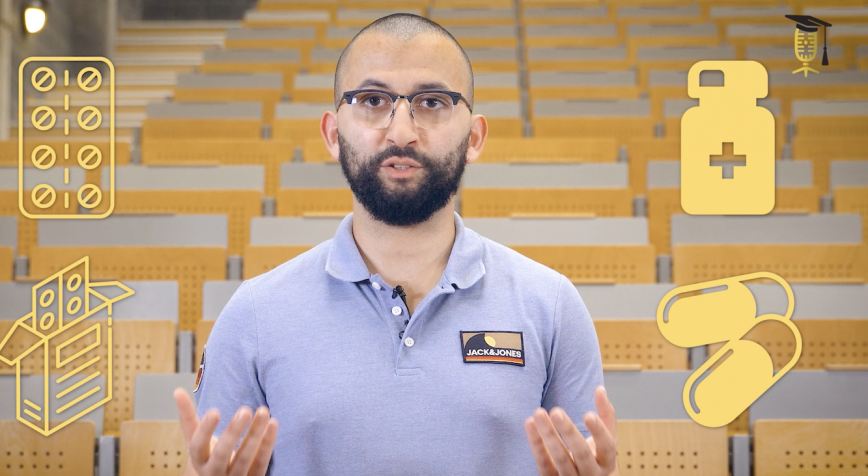
UAntwerpen
Is diabetes the price to pay for a kidney transplant?
In 1933, the very first kidney transplant was performed. Unfortunately, the patient died two days later due to rejection symptoms. The development of anti-rejection drugs provided a solution, but also came with a price: over 1 in 5 patients now develop diabetes after a transplant. Yassine Laghrib (UAntwerpen) explains why and how doctors are looking for a solution.
